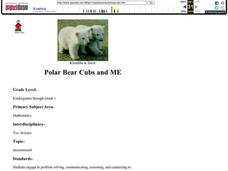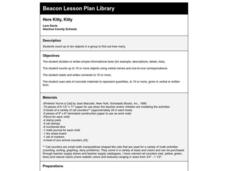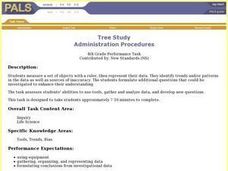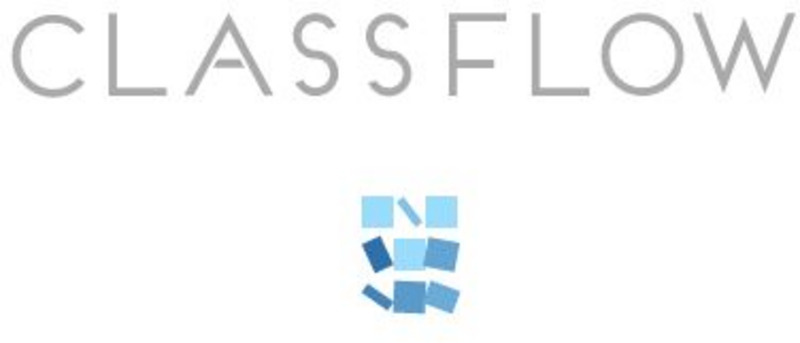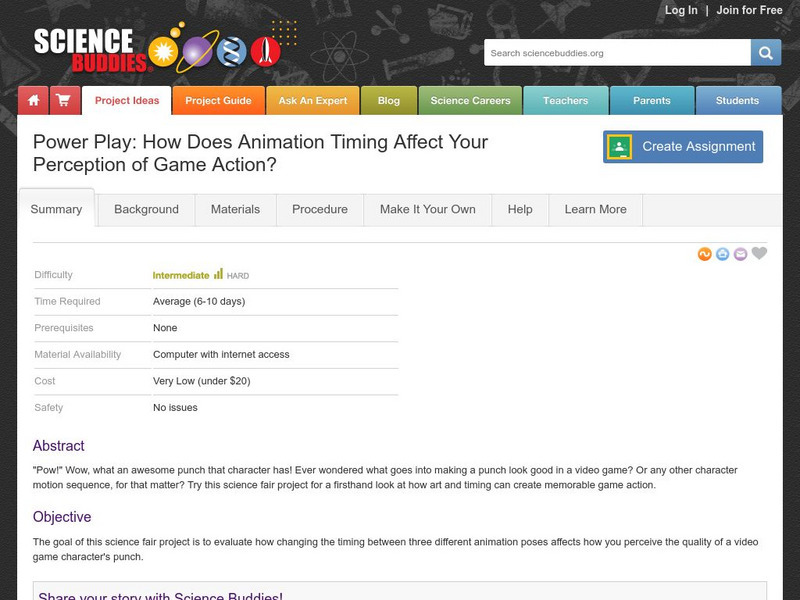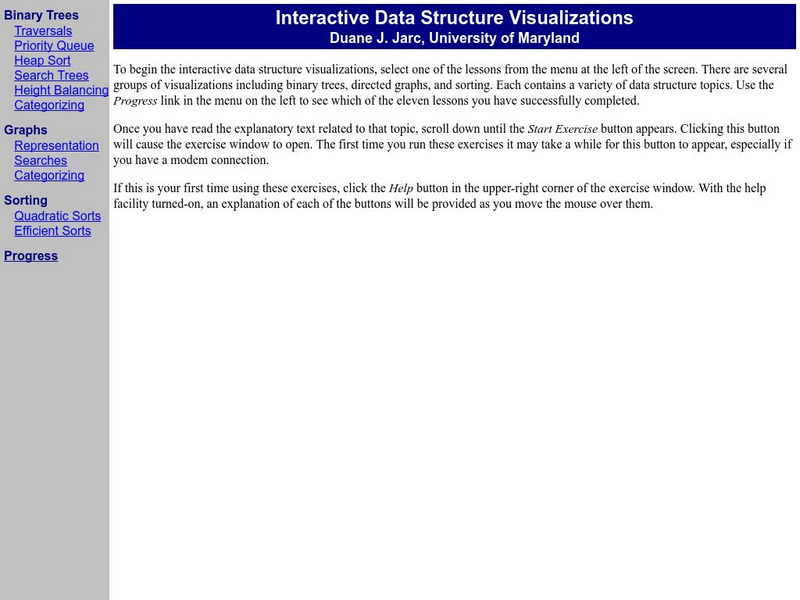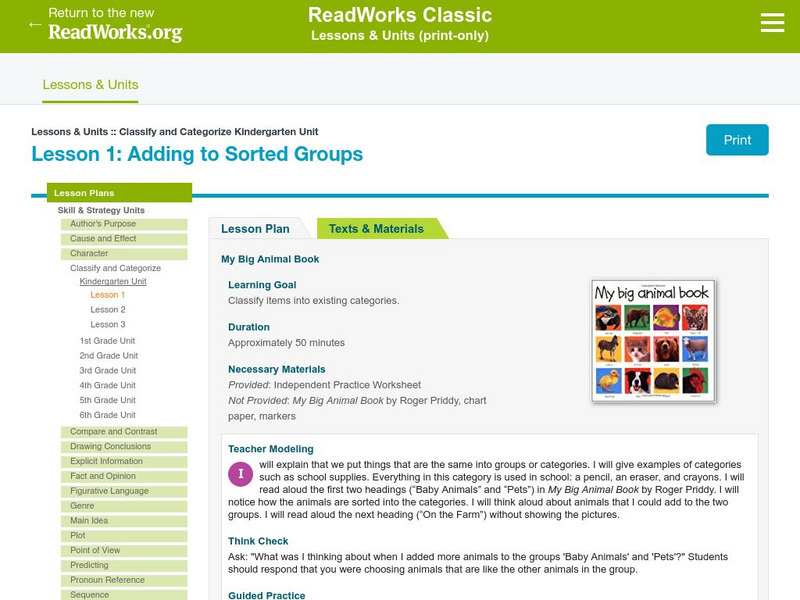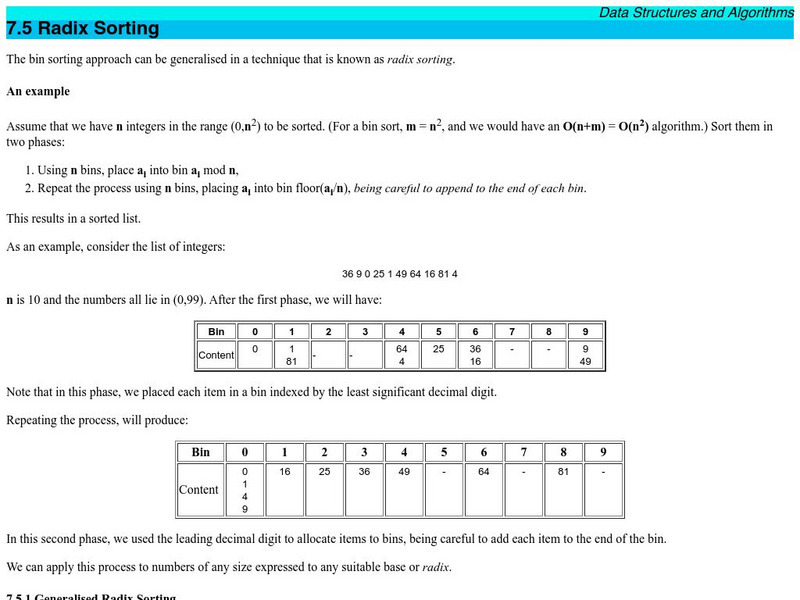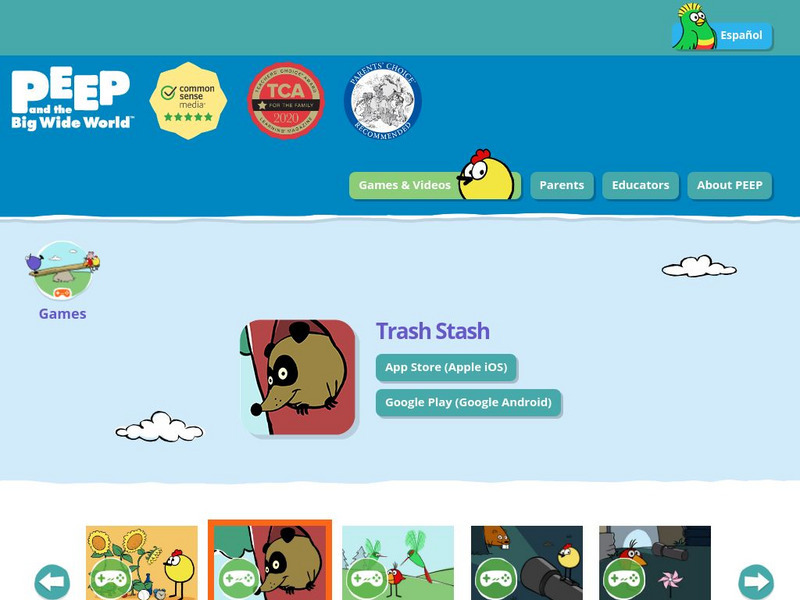Curated OER
Trash Count
Young scholars identify pollution around their local community. They discuss the sources of polution and categorize objects based on their properties. They discover ways to make changes to the environment and how to inform the public.
Curated OER
Polar Bear Cubs and ME
Students visit the following web site to find out the birth weights and lengths of polar bear cubs- Ask Jeeves for Kids. They then enter the information found at this site relating to the birth length and weight of polar bear cubs into a...
Curated OER
Land Use Issues
Learners participate in activities in which they examine land use. They examine the types of animals in a surrounding and how they blend in with the environment. They also examine food resources.
Curated OER
Teachers
In this teacher worksheet, learners read about the role and job of a teacher. Students then write about why teachers are important.
Curated OER
Mythical Animals
Students create imaginary animals by assembling pictures of body parts from pictures of real animals. This is one of three linked tasks. The others are "Who's Parts Do I Have?" and "Animals Piece by Piece."
Curated OER
Rikki-Tikki Research
Fourth graders perform a search on mongooses on Internet Explorer and answer research questions.
Curated OER
Looking for Local Public Art
Learners explore artwork in the local community. They increase their knowledge about their community. They create a slide show presentation with sounds, text and transitions.
Curated OER
PASS the Arts
Students explore math and art concepts, create digital art examples of the concepts, and incorporate these works into a PowerPoint portfolio with explanation and analysis.
Curated OER
Think Green
Students experience and practice compositing and recycling through hands-on-activities. They distinguish between which items from their trash can be recycled, composted and reused. The process for making recycled paper is also covered in...
Curated OER
Tree Study
Students measure the lengths of provided leafs to the nearest millimeter. Students identify trends in the data as well as sourced of inaccuracy and formulate additional questions that could be investigated to enhance their understanding.
ClassFlow
Class Flow: Animal Sorting
[Free Registration/Login Required] This K-2 flipchart is designed to make animal classification fun! Sort the animals into categories and think like a scientist!
Science Buddies
Science Buddies: Project Ideas: How Does Animation Timing Affect Your Perception
In this video and computer game science fair project, students will discover how changing the timing between different frames of an animation can change a player's perception of how powerful a video game punch is. The Science Buddies...
Other
Interactive Data Structure Visualizations: Quick Sort
A visualization / animation of a quick sort at work. The animation will work in either automatic mode or a mode where the user can drive. The animation can be found under the "Efficient Sorts" link in the left panel.
Read Works
Read Works: Classify and Categorize Kindergarten Unit: Adding to Sorted Groups
[Free Registration/Login Required] A lesson using the book My Big Animal Book by Roger Priddy in which students learn to sort items into predetermined categories. Ideas for teaching, guided practice, and independent practice are...
University of Auckland School of Computer Science
Morris: Radix Sorting
A detailed description of the Radix sort algorithm, including a code solution written in the C programming language and an interactive animation / visualization of the sort at work.
Read Works
Read Works: Lessons: Lesson 1: Adding to Sorted Groups
[Free Registration/Login Required] A lesson plan and materials to teach kindergarten students to sort items into existing categories using the book My Big Animal Book by Roger Priddy.
PBS
Wgbh: Peep and the Big Wild World: Games: Trash Stash
Cleverly animated sorting game introduces young learners to the mathematical concepts of comparing, sorting, and grouping. [All instructions and prompts are voiced, not written, making this an excellent resource for English language...
Princeton University
Princeton University: Java Animations of Shellsort and Variants
Provides a working Java animation of a Shellsort and its variants.
Utah Education Network
Uen: Animal Coverings
In this lesson, students sort animal pictures by their body coverings. They learn about the functions of animal coverings and where the different categories might live.
ClassFlow
Class Flow: Animal Classification
[Free Registration/Login Required] Students will classify organisms into groups and relate how they determined the groups with how and why scientists use classification. They will also demonstrate how animals are sorted into groups...
E-learning for Kids
E Learning for Kids: Science: Caribbean Sea: Mexico: What Is Classifying?
Christina wants to classify all kinds of different things. Help her sort things into main groups.
PBS
Pbs Learning Media: Animals and Plants Can Live in a City!
For this interactive lesson, students learn that animals need air, food, water, and shelter, while plants need air, sunlight, and water. Students watch videos and engage with drawing and sorting activities to reinforce their learning....
Science Buddies
Science Buddies: The Swimming Secrets of Duck Feet
By comparing the feet of different water birds you can discover how they propel the birds through the water. This Science Buddies project show you how to modify swim fins to simulate ducks' feet, greebes' feet, and the feet of...

